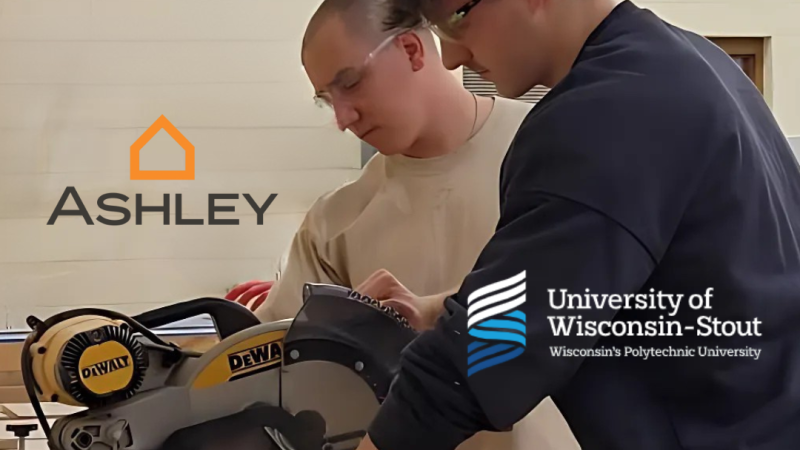Students at UW-Stout recently took part in a product design project for Arcadia-based Ashley Furniture, one of the largest furniture manufacturers in the world. As part of a new product development course at the university, the students were tasked with conducting market research before designing, testing and building professional prototypes for toolless bed connections. Along with getting ...
Please log in to access subscriber content.
If you don't have a subscription, please contact schmies@wispolitics.com for subscription options on the WisPolitics-State Affairs platform, which is the new home for WisPolitics subscriber products.

